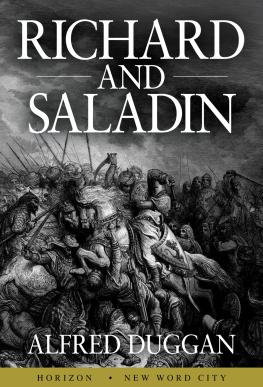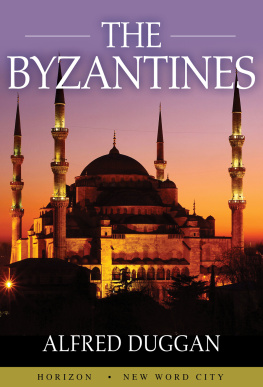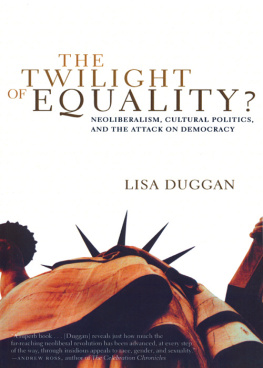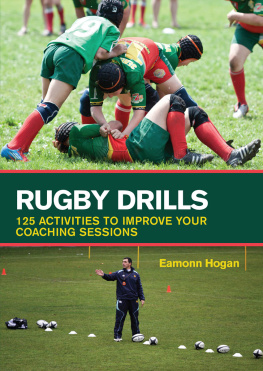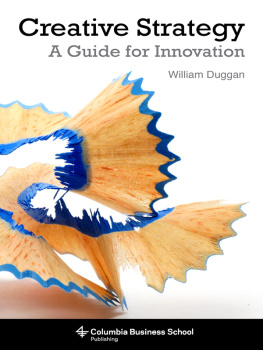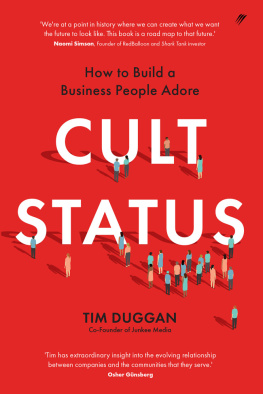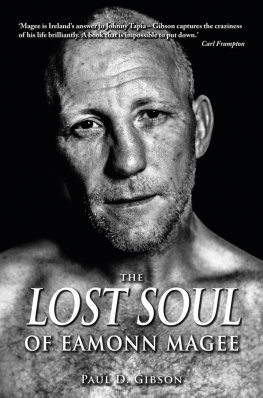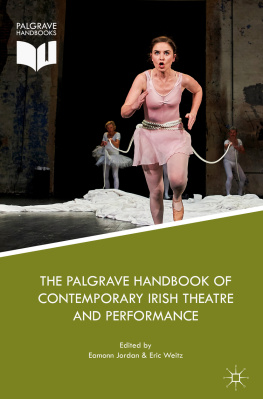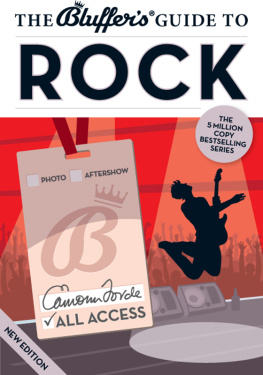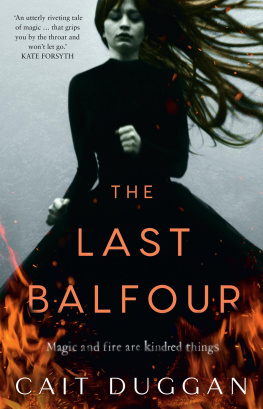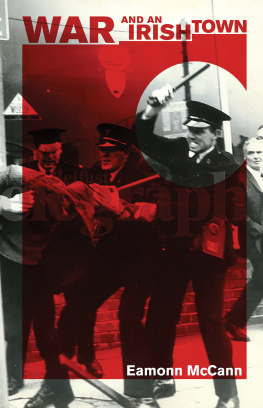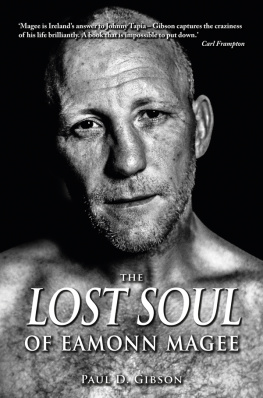This book, which became a labour of love, is dedicated to two people. To Jill, your encouragement and patience helped me see the project through to its conclusion; and to my late Dad, who I know in my heart would have approved of it.
C harles Stewart Parnell passed from this world in October 1891, marking the end of a political era in Ireland that had been dominated by the very emotive issue of home rule. The Irish Parliamentary Party that Parnell led from 1882 imploded during the months prior to his death, mainly because of the sensational Kitty OShea scandal, a divorce case that rocked Victorian Britain. Without its charismatic leader, the party was rudderless, devoid of direction until the turn of the century.
During the last decade of the nineteenth century and the first six years of the twentieth century, political activity in Ireland came to a standstill. The Conservative Party and their sometime allies the Liberal Unionists were not interested in restoring the Dublin parliament, lost to Ireland since the Act of Union in 1801, and the issue of home rule disappeared off the Westminster political agenda.
With little possibility of achieving home rule, Irish nationalists found themselves with time on their hands to discuss how their country should proceed in the short term. The enthusiasm for self-determination, in some form or other, was not diminished, but they had little choice but to bide their time until the political landscape in Westminster changed sufficiently to allow the Irish question to re-emerge as a live political issue.
In the meantime, the political void had to be filled and a national debate quickly began as to how that intention might be achieved. It was clear to many nationalists that they needed to be in a better place if they were to avail of the next opportunity to stake their claim to self-determination. In order to get to that place, they began to press for an Irish cultural revival. It became apparent that a distinction had to be drawn between the Irish and the British peoples, in terms of traditions, culture, language and pastimes. There would be little point in pursuing political independence in the future if the people of Ireland were prepared to accept British traditions as integral to their lives. The onus, therefore, would be placed on clearly identifying Ireland as a separate nation, with its own distinct heritage, culture, language and history, in no way similar to those of her neighbour and oppressor.
Gaping wounds of disaffection and rancour were finally healed by the coming together of the staunch Parnellite John Redmond and the anti-Parnellite John Dillon. In Britain, the Conservative Party remained in power until 1906, when they lost the general election to a resurgent Liberal Party under the leadership of Sir Henry Campbell-Bannerman. This sparked hope among Irish nationalists that the long-anticipated change in the political landscape was about to take place. Since the introduction of the First Home Rule Bill in 1886 by then-Liberal leader William Gladstone, Irish nationalists always viewed the Liberal Party as their best allies in the struggle for home rule.
However, nationalist delight at the Liberal Party victory quickly dissipated, as it soon became clear that the Liberals did not have the Irish question at the top of their agenda, which was dominated by proposed social and financial reforms. Nationalists were once again forced to kick their heels in frustration.
By 1906, the nationalist community was well down the road of a cultural revival and had admirably filled the political void left by the death of Parnell and the diminishing influence of the Irish Parliamentary Party. Two very prominent movements had emerged the Gaelic Athletic Association and the Gaelic League. These organisations were driving forces of nationalism, allowing many hundreds of thousands of Irish men and women to express a cultural identity based on ancient and revered Gaelic customs and traditions.
The Gaelic Athletic Association was founded in Thurles in 1884, by Michael Cusack and Maurice Davin. At this time, British games such as cricket, association football and rugby were popular, contributing to a more Anglicised society across the country. Irish games like hurling were often chaotic, with little in the way of discipline displayed by those who participated in them. They were in real danger of being eclipsed by British games and falling by the wayside forever. That was all to change dramatically. Though the early years of the Associations existence were fraught with political interference, especially by the Irish Republican Brotherhood, it went on, as we now know, to become one of the most influential organisations in the country.
By 1906, the Gaelic Athletic Association numbered many thousands of young men among its ranks, all imbued with the nationalist ideal. They saw participation in Gaelic games as part of a natural progression that would define them as nationalists and eventually republicans. By playing Gaelic games and shunning British games they were, very consciously, shunning a British way of life. The games were deliberately scheduled for Sundays, allowing workmen and farmers to participate and discriminating against Protestants, who were not prepared to indulge in sport on the Sabbath.
It wasnt long before the IRB leadership took an interest in the Gaelic Athletic Association its thousands of fit young men would make fine revolutionaries when the call to arms came. Many of the statements in the Witness Statements archive were made by men who cut their republican teeth in the Gaelic Athletic Association. Their physical fitness for the tasks entrusted to them during the Easter Rising and the War of Independence was a continuation of the prowess they displayed on the playing fields of the GAA.
The Gaelic League was founded in 1893, to promote the use of the Irish language. It also became a recruiting ground for future republicans who participated in the Easter Rising and the War of Independence. Though it was not intended to be a politically orientated organisation, many men and women cut their republican political teeth in it. It was inevitable that conversations at Irish language classes, social gatherings and outings would often turn to the political situation. Prominent individuals like de Valera, Collins and Pearse found and cultivated common ideals and views through their membership of the organisation. As I researched the archive, I was struck by how many of the men and women who contributed to it had been members of the Gaelic League. Here they formed friendships that continued throughout their involvement in the Easter Rising and the independence conflict.
While the Catholic majority of the population veered politically to nationalism and republicanism, a cohort of the Protestant community also embraced those ideals. They recognised the desire of the majority to move away from Anglicised influences and towards Gaelic culture and traditions. Many Protestants enthusiastically embraced this too, feeling that both traditions could exist in the new Ireland that might emerge. They accepted that the country had been badly treated under almost 700 years of British subjugation, and that it was now time for all Irish men and women, irrespective of ethnic identity or religion, to strike out and take their place on the world stage.
Though the archive is mainly populated by Catholic nationalists, there are some contributions from individuals from a Protestant and unionist background. One of these is Ernest Blythe, who not only fought in the revolutionary conflict but went on to give the new Irish State very valuable service as a TD and Minister of Finance during the first Free State government under WT Cosgrave. Blythe and others of his tradition and background who contributed to the revolutionary era deserve recognition today. Their view that all Irish people could exist together in a new and independent state, a controversial opinion at that time, turned out to be perfectly correct.



